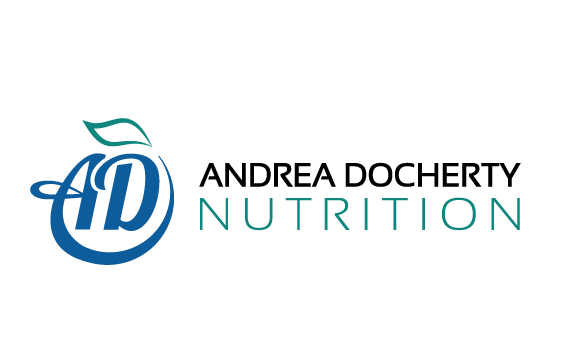What’s fuelling you during exercise? When you choose the right foods at the right time, the pre-workout meal can help:
- Prevent low blood sugar (a drop in blood sugar an leave you feeling tired, sluggish and less alert)
- Maintain glycogen (This is the stored form of carbohydrates in our muscles and liver that we can use for fuel)
- Minimize hunger pangs
- Prevent stomach aches, bloating, trips to the washroom, gas or other GI issues
These are all things that can help you maintain your energy, alterness and allow you to train hard during your workout. What to eat can depend on the individual and the type of exercise, but below are some guidelines and examples.
Rates of Digestion
Our body digests carbohydrates, protein and fat at different rates. Protein and fat take longer to digest, so by consuming high amounts of these foods close to exercise means that these foods may be sitting in your stomach instead of used that food as fuel. During exercise, digestion slows down substantially.
Because fat takes longer to digest, avoid foods high in fat close to your workout in order to avoid cramping and a heavy feeling in your stomach. This includes deep fried foods, ice cream and oils.
In general, the closer to your workout that you eat, the more you want the meal or snack to be composed of carbohydrate rich foods (easier to digest and will provide fuel during exercise), and less of protein, fat and fibre. Be careful about the types of carbohydrates that you choose though. High fibre foods are typically excellent for our health, but close to a workout may cause gas, bloating and cramps because we can’t digest them in time. Watch out for beans, raw vegetables (in particular cruciferous vegetables like cauliflower, broccoli and cabbage), and high fibre cereals like fibre 1.


It’s all about timing
What and when should you eat before a workout? Base this off how close to exercising that you will be eating:
3-4 hours before
At this point its ok to have a full, balanced meal like you typically would as there should be plenty of time for it to digest. Have a balanced meal that contains carbohydrates, as well as a serving of protein and some healthy fat.
Examples:
Whole wheat toast with peanut butter or scrambled eggs and fruit
Greek Yogurt, chia seeds, oatmeal and fruit
Spinach salad with salmon and brown rice
Turkey sandwich on brown bread and side of raw veggies
Whole grain pasta with lean ground beef and veggies added into the tomato sauce
2-3 hours before
This may be a smaller meal or snack. Keep that serving of carbohydrate, but have a smaller serving of a protein-rich food that is also lower in fat.
Examples:
Slice toast or half a bagel with peanut butter and banana
Greek Yogurt and fruit
Low fat cheese, crackers and grapes
Tuna sandwich and fruit
Wrap with hummus and turkey
1-2 hour before
Have a snack at this point, but the major component of this food will be a carbohydrate that is low in fibre. Protein and fat in this snack will be minimal.
Examples
Bowl of cereal and milk
Instant package of oatmeal
Plain yogurt (not Greek) and fruit
Granola bar
Crackers and low fat cheese
<1 hour before
At this point it is getting pretty close to your workout, so you want something that is really easy to digest. It should be all quick-digesting carbohydrates.
Examples:
Sips of sports drink
Apple sauce without added sugar
Dried fruit without added sugar, like dates or raisins
Banana
A few examples in real life:
Early morning workout
When you wake up at 5am to train for 5:30am , you’re not going to wake up at 1am to have a full meal. Instead, to prevent low blood sugar, try sipping sports drink, or having half a banana or apple sauce which can be easier on your stomach.

You can also try having a snack just before bed that contains carbohydrates like and some protein, like cottage cheese and fruit, whole wheat wrap with peanut butter and banana or hummus and pita bread.
Evening workout
When you workout around your typical dinner time, or head straight for the gym after work, a full dinner just before is not the best. However, your last meal (lunch) may have been 5 hours ago. Mid-afternoon, aim to have a balanced snack from the 2-3 hours before.
Final Thoughts
What you eat just before is important, but plan out your day leading up to evening workouts to avoid lower energy and overeating close to the workout. Hydration is also very important too, so be sure to sip on fluids throughout the day and especially leading up to a workout. For ideas on what to be eating after your workout to help recover and refuel, check out my guide to Recovery Nutrition.
Written by: Andrea Docherty, RD
Registered Dietitian and Sports Nutritionist
Windsor, Ontario

